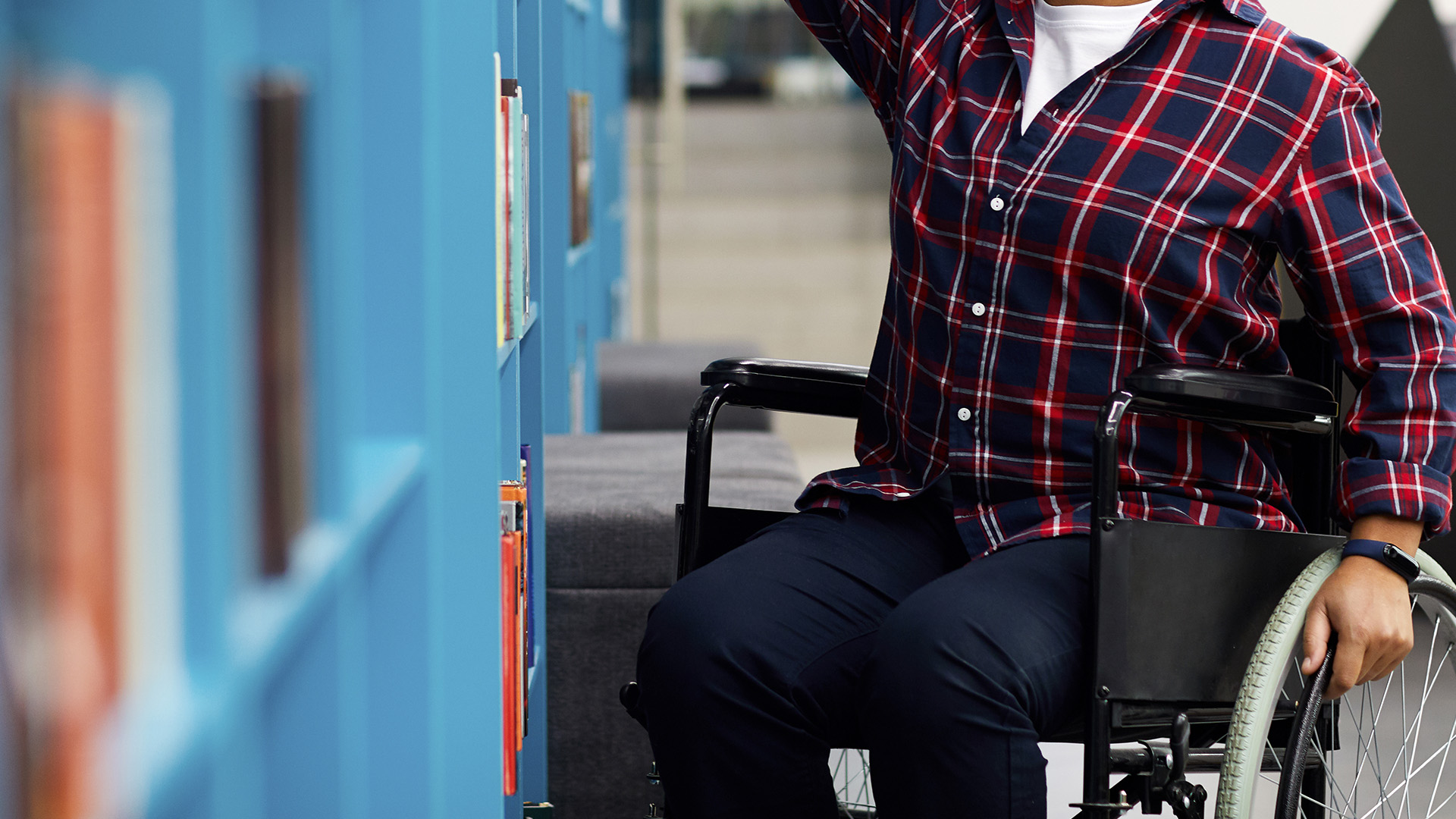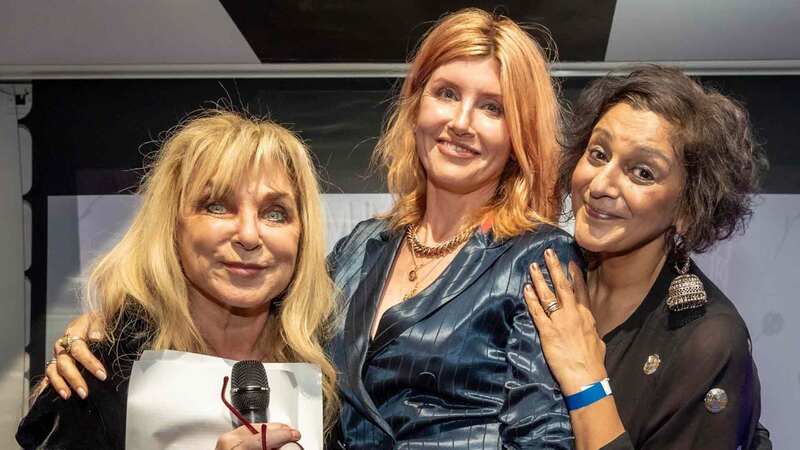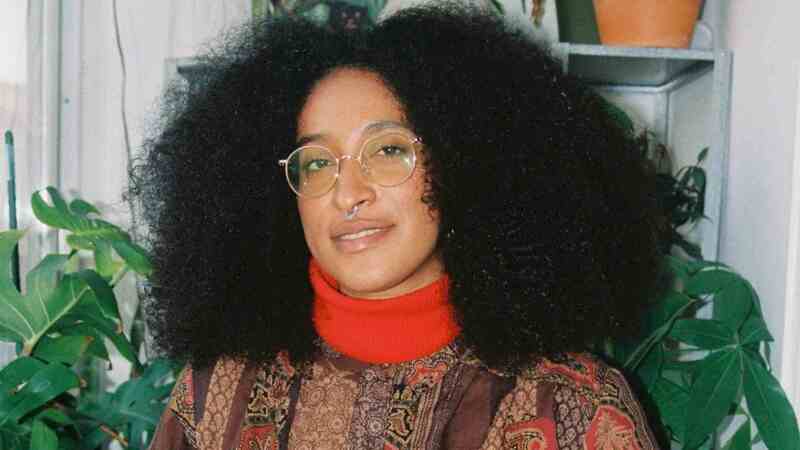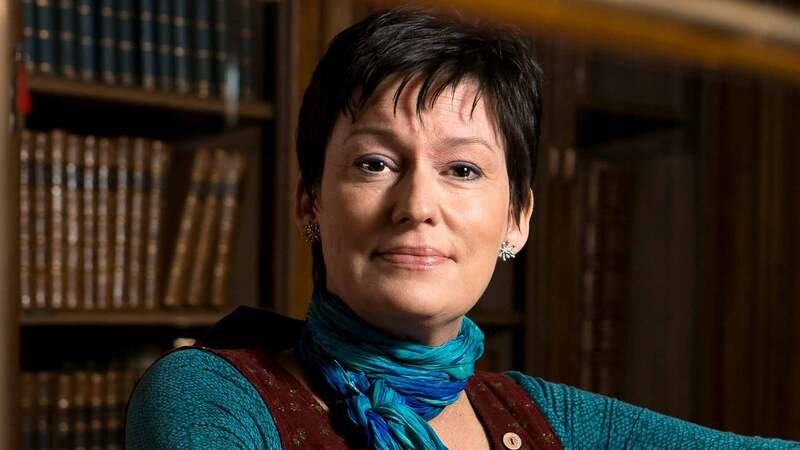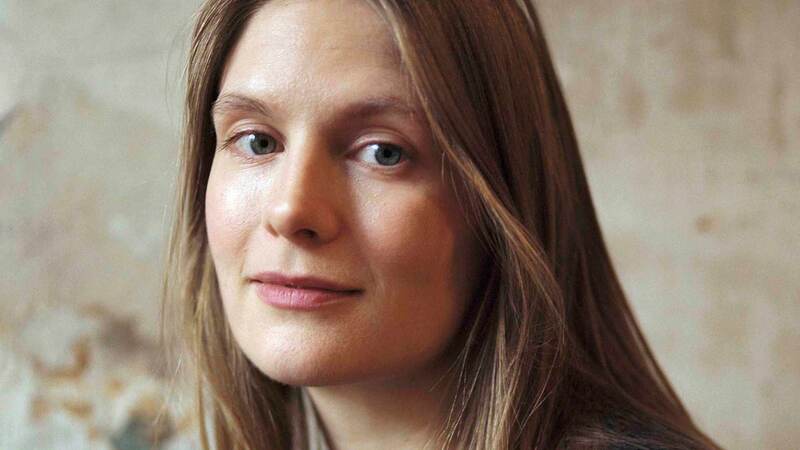You are viewing your 1 free article this month. Login to read more articles.
The lure of the magical cure
With witch lit flying high this year, should we be wary of the trope of the miraculous ’cure’ for disabled characters?
When I first started writing a book with a chronically ill main character, I never thought that she would find a cure for her illness, magical or otherwise, because I didn’t have a cure. It wasn’t on my radar as I tried to embrace an identity that – quite literally – hurt me. I agreed, and still do, that having a “magical cure” trope in this story didn’t fit; but I almost thought the trope itself had been relegated to the noughties, hopefully along with ‘heroin chic’ and low-rise jeans.
However, when I began research for this book, I realised how often it appears when stepping outside of my own reading bubble. I was far more used to a lack of representation, instead. Once you notice its claws in popular media and fiction, it can be hard to unsee. Many classic fairy tales involve magical cures for disability, and the trope appears all over media from "Forrest Gump" to "Little House on the Prairie". It often sits side by side with other forms of ableism; authors can sideline disabled people in fiction (if they’re represented at all), nd they can be in need of saving all the time, or there for inspiration porn. However, this trope is more insidious as it used to be, and sometimes still is, seen as positive by those who are non-disabled themselves; the road paved with good intentions, perhaps.
I began to ask myself: if my character, dealing with a chronic illness, could find a way to magically stop her pain forever, would she take it? The answer surprisingly wasn’t a straight no. Wrestling with the new-found discovery that I was, in fact, contemplating a trope I’d seen discussed, and had felt myself, was bad representation – I was distraught. Was this bad to consider? Does this mean disabled readers wouldn’t want to read my book if I ever leaned towards anything like this?
The jury’s still out on the latter, but, as witch lit takes off, and disability representation is growing at a quicker rate than ever before, we’re seeing magic and disability mix in a way that leads me to suspect the answer is hopefully no to the first. We’re not settling for just cookie-cutter representation anymore.
Publishing is nothing but a wily creature, and there was and still is some backlash when tropes like this are noticed. For example, you’re thankfully far less likely to see a full 180 like The Secret Garden’s Colin nowadays. But I believe a fear of enacting this trope means that magic and disability in fiction haven’t mixed as much in recent years as they could have. Kaz, from Six of Crows, for example, is a popular disabled character from a very magical series, but he is arguably the one most removed from the magic. That works for his story, but for other disabled characters, is magic far removed from their character because of a fear of what that could end with?
If disabled characters are given magic, or superpowers, they’re often not explicitly seen as disabled in their world as a trade-off. A great example of this is Kristin Cashore’s Bitterblue, which actually provoked a response from the author itself in apology, as the character in question, Po, becomes so powerful as to ‘negate’ their disability. This intense focus on what makes ‘good’ representation has caused some progress, but it is the lack of nuance we give to tropes that means now it is actually stilting what we’re able to see, especially from disabled authors themselves.
For many with chronic illnesses, such as myself, exploring accommodations, ableism and, perhaps cures, with magic in fantasy is providing space for people to feel seen
Clare Edge, an author of the upcoming middle-grade début Accidental Demons about a type one diabetic witch, touched on the topic of agency in traditional publishing, which adds another layer to this problem: “The main character of my middle grade fantasy début is not seeking a cure, but she is seeking magical solutions to make living with diabetes less terrible… Disability and identity are woven together in such complex ways that differ for each of us. What I’m most interested in is more disabled and chronically ill authors telling a wider variety of stories. I want more of our stories central to narratives. But that also means coming to terms with publishing’s obsession with agency.”
There is something to be said about traditional publishing’s need for agency and how this interacts with disabled characters, far more than can fit into this article. Books with disability representation often must tackle the fact they’re considered too quiet or devoid of agency. When looking at this through a fantasy fiction lens in particular, a genre associated with a specific kind of action, you can see how this can translate to disabled character’s being side lined, cured, “overcoming” their disability or just killed off.
Fantasy is for the imaginative, and if curing your disabled character is just to make the plot easier, it is saying that disabled people cannot wield power in their own way. Curing disability in this way, especially if written by a non-disabled author, is frustrating for the same reason having a happy ending can sometimes be – for certain stories and characters it just doesn’t fit. It can feel lazy.
Ismita Hussain is a literary agent, as well as the founding member of Disability in Publishing, and notices this nuance: “The magical cure trope often causes a knee-jerk reaction because of its interpretation that people with disabilities need to be fixed. While this is valid in many cases, the trope also sheds light on what is reality for many people living with disabilities and chronic illnesses – that it can be painful and costly (physically, socially, emotionally), and an opportunity to take away that pain would be welcomed. Rather than calling a trope good or bad, I think it’s important to consider it in the context of how a writer explores it.”
It seems to boil down to whether you’re making readers feel seen, or invisible, which isn’t cut and dried. For many with chronic illnesses, such as myself, exploring accommodations, ableism and, perhaps cures, with magic in fantasy is providing space for people to feel seen. Magic in fiction helps us explore our own reality in a way not even reality can. As a neurodivergent individual also, however, I’m not sure if I’d personally feel the same about my ADHD day-to-day.
Denying certain experiences is why many marginalised writers feel intense fear about not writing the best representation we can; the reality is, living in this echo-chamber will always leave us worse for wear. There is no one universal disabled experience. If we’ve learnt anything from TikTok, it’s that tropes aren’t always bad for publishing.
With 2023 showing a huge year for witchy books, authors like Lizzie Huxley-Jones, Clare Edge and Elle Nicholls are showing that this fascination with magic is coming to include more disabled characters, with a range of experiences. But there is still far more to do, especially when we look at adult fantasy, differing disabilities and intersectionality. The concept of magical healing has always been an interesting topic in fantasy literature, and it deserves to include disabled voices, too.






